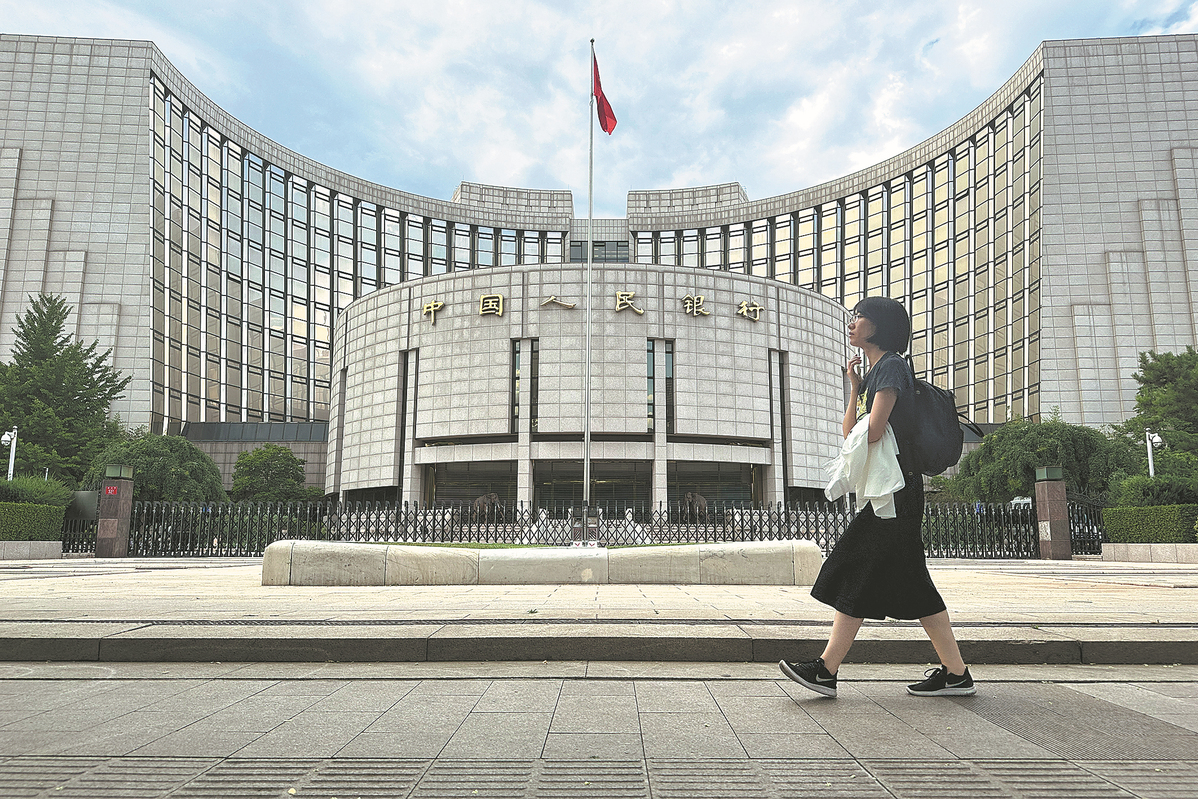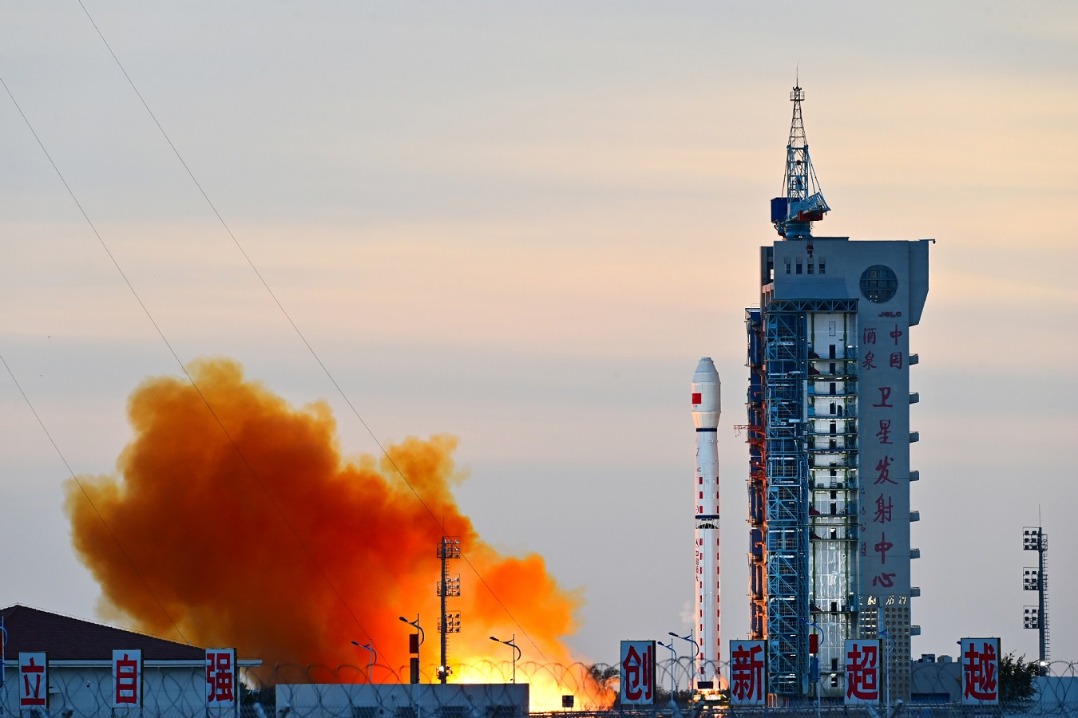New office to combat money laundering


An office dedicated to fighting money laundering is to be set up at the People's Bank of China, China's central bank, to safeguard national security and maintain social stability, according to a recent guideline.
The creation of the office, made public recently by the operations office of the PBOC and the Beijing People's Procuratorate, is part of efforts to establish a coordinated investigation system to combat money laundering.
The system will strengthen money laundering investigations and improve the efficiency of fighting relevant crimes while maintaining financial management, said Ye Ping, deputy head of the procuratorate's fourth procuratorial division.
She noted that the office will help the PBOC and the Beijing People's Procuratorate collaborate on fighting such crimes and make their investigations and analysis of evidence more effective.
"It will also help prosecutors apply big data and financial information in their investigations, assisting them as they try to figure out clues," she added.
Under the guideline, for example, when dealing with crimes involving drugs, smuggling, embezzlement, bribery and financial fraud, prosecutors are required to strengthen their scrutiny of the funds involved in the crimes.
If they find evidence of money laundering, the procuratorate can prompt the PBOC's operations office to investigate, the guideline said.
The two bodies have worked together before to combat money laundering.
In 2020, the pair signed a memorandum of understanding on fighting such crimes with four other authorities in the capital, including the Beijing High People's Court and the Beijing Public Security Bureau. The two bodies, along with nine other agencies, jointly issued a three-year work plan last year to fight money laundering crimes.
Data released by the procuratorate on Tuesday showed that 74 people involved in 66 cases have been prosecuted for money laundering since 2020.
"Some people were found to have concealed or disguised the sources of their bribes by gaining control of others' bank accounts, while some were discovered to have used shell companies to transfer money to hide money made from fraud," Ye said.
In March last year, a man surnamed Hu was sentenced to four years in prison and fined 210,000 yuan ($28,800) for bribery and money laundering in Beijing's Chaoyang district.
From 2011 to 2021, Hu, who was responsible for major construction projects as part of his duties in a government department, was found to have taken advantage of his position to help seek benefits for individuals and enterprises in project tendering. In return, he received more than 2.7 million yuan.
In May 2021, Hu used a company account he had control of to collect 119,400 yuan in bribes, and transferred 55,000 yuan of the total to his mother-in-law's bank account, which he also controlled. He later used the money for his personal needs.
- Hong Kong to set up high-level advisory body to foster development of maritime industry
- Xinyu officials punished for fire that killed 39 people, injured 9
- China's countryside to have brighter prospect: Xi
- Xi visits Gu Wenchang memorial hall
- China's AG600 amphibious aircraft starts full-scale fatigue test
- Sixth World Buddhist Forum opens in Ningbo




































